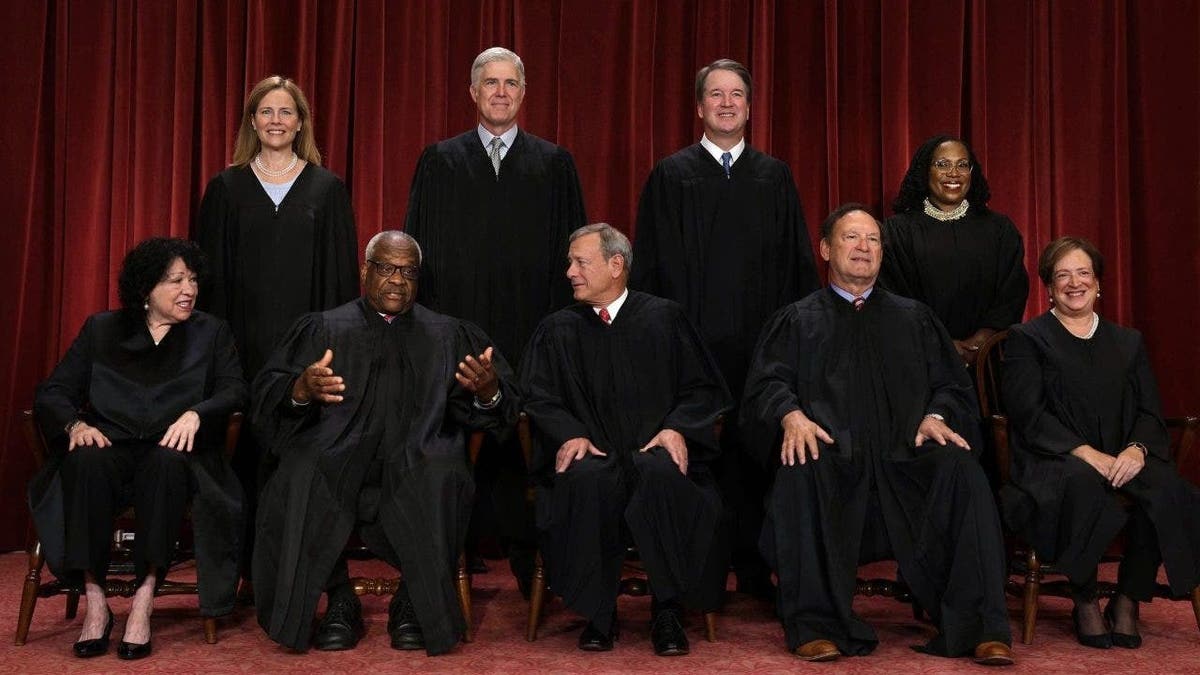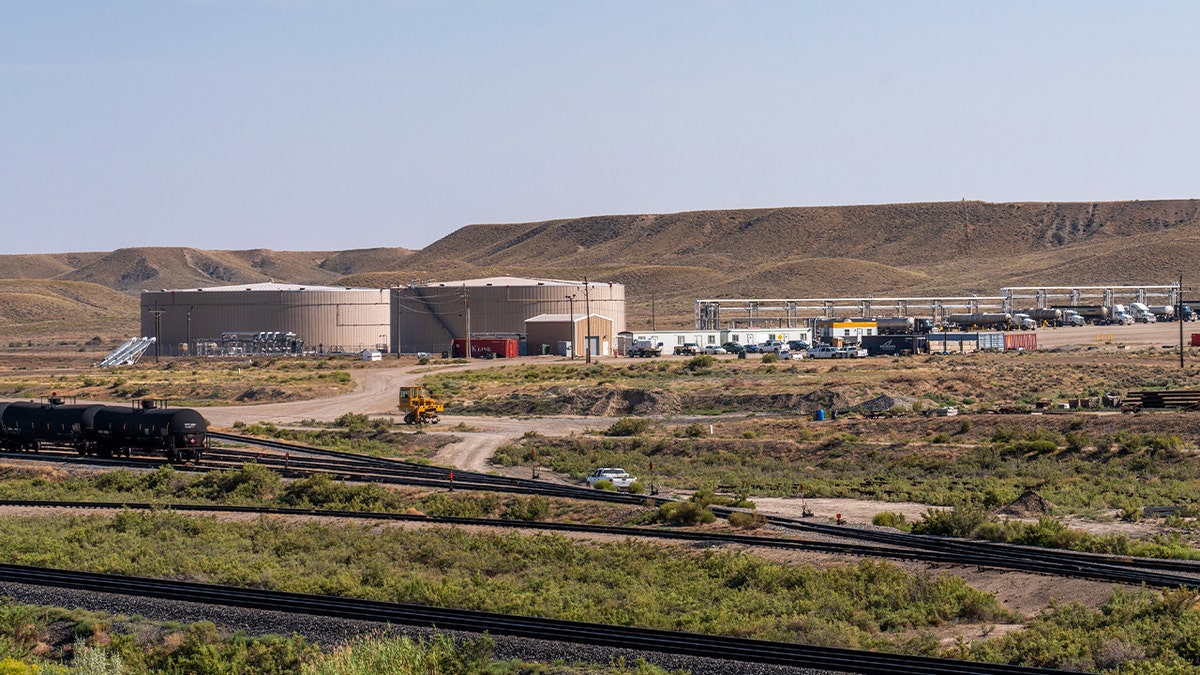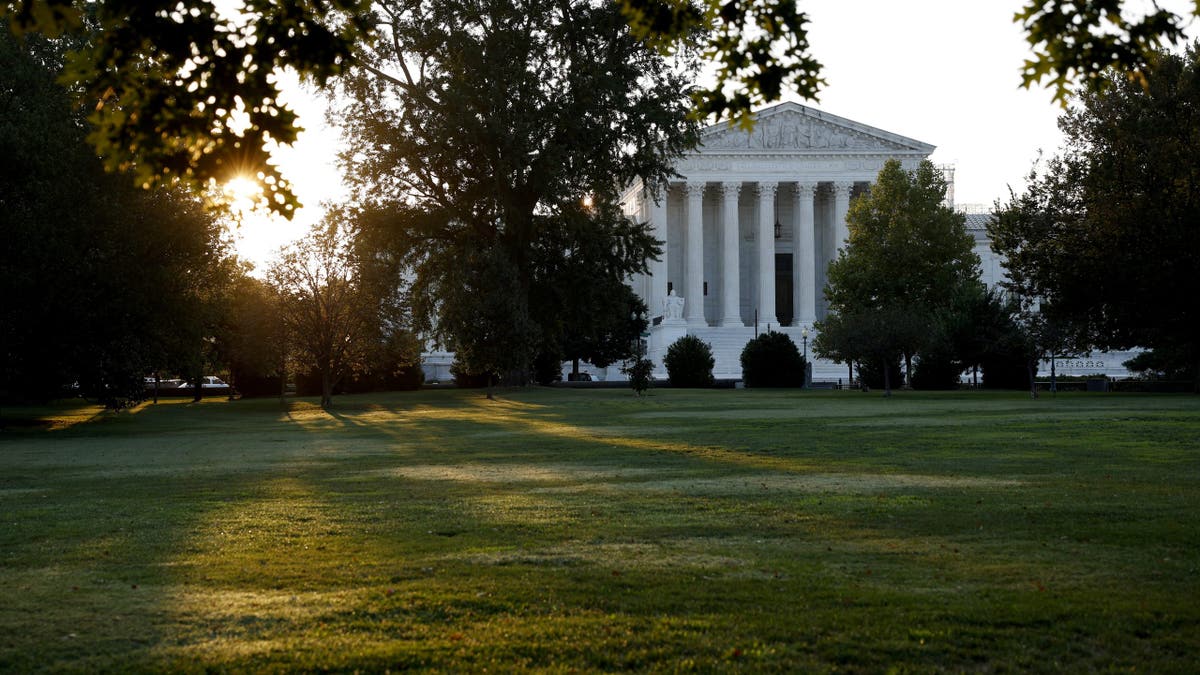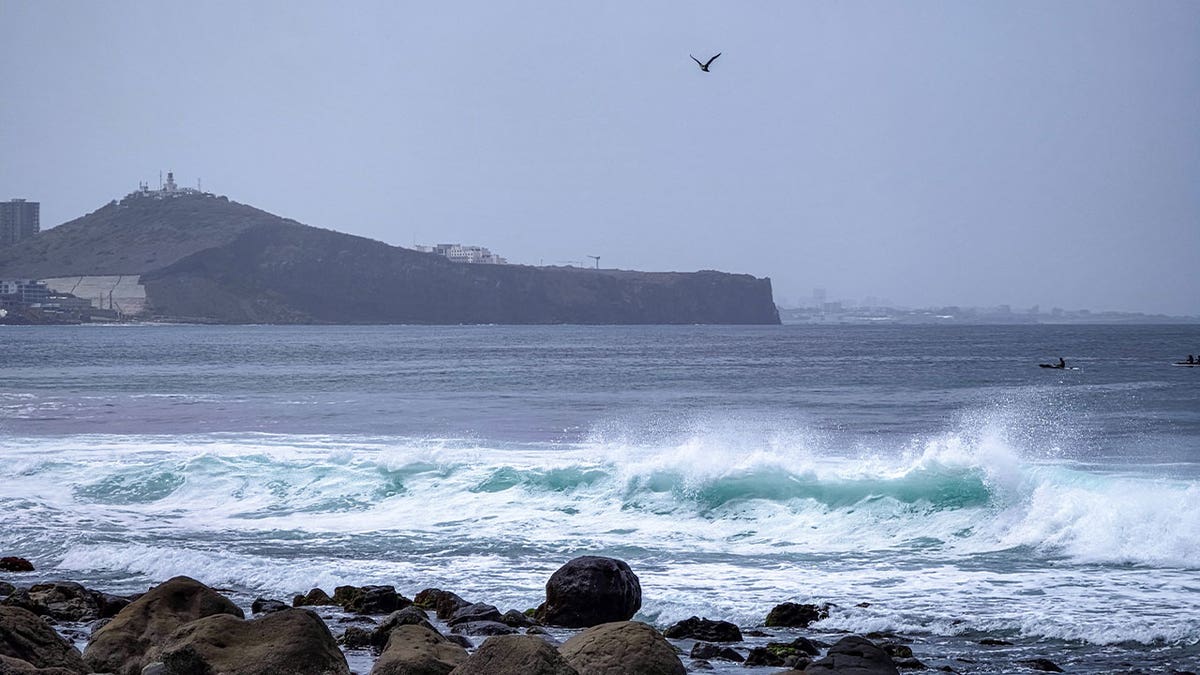The future of a significant environmental law and a western oil railway project hangs in the balance as the Supreme Court deliberates on the scope of the National Environmental Policy Act (NEPA). This law mandates federal agencies to assess environmental impacts before decisions, issuing a detailed statement of their findings. The case, Seven County Infrastructure Coalition v. Eagle County, centers around whether agencies must examine impacts beyond the immediate effects of their actions.
The case arose from the Seven Country Infrastructure Coalition's (SCIC) proposal to the Surface Transportation Board (STB) for an 80-mile transportation system linking Utah's Uinta Basin crude oil to a national railway. While the STB issued an Environmental Impact Statement, Eagle County, Colorado, challenged the review, claiming it failed to consider the full environmental consequences, a violation of NEPA.

This dispute landed in a D.C. Circuit Court, which sided with Eagle County, mandating a more comprehensive review. SCIC subsequently appealed to the Supreme Court. SCIC's attorney, Paul Clement, argued for limiting NEPA to "proximate cause" principles, emphasizing NEPA's procedural nature and its intent to inform, not obstruct, government decisions. He criticized the D.C. court's call for a new review as a potential "roadblock" to progress.

Clement argued that requiring examination of all potential impacts, regardless of agency jurisdiction, would be excessive. Several justices seemed receptive to this argument, questioning whether the lower court's order for a completely new review was truly necessary. Justice Sotomayor, for instance, questioned whether the issue was the STB’s failure to consider certain factors or the arbitrariness of not considering more. The justices also probed how Clement's proposal would affect reviews for projects of varying scales.

Environmental groups expressed concern about the potential implications of limiting NEPA's scope. Sam Sankar, Earthjustice vice president of programs, warned that narrowing the law could obscure the health consequences of government decisions. Justice Neil Gorsuch recused himself from the case.








